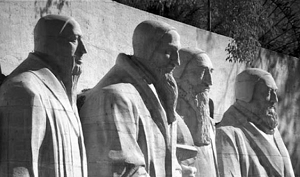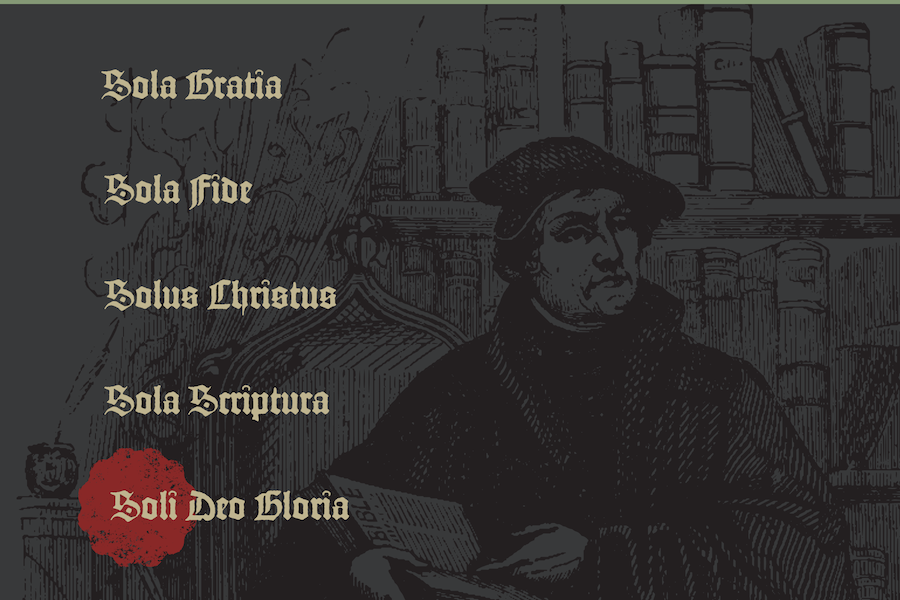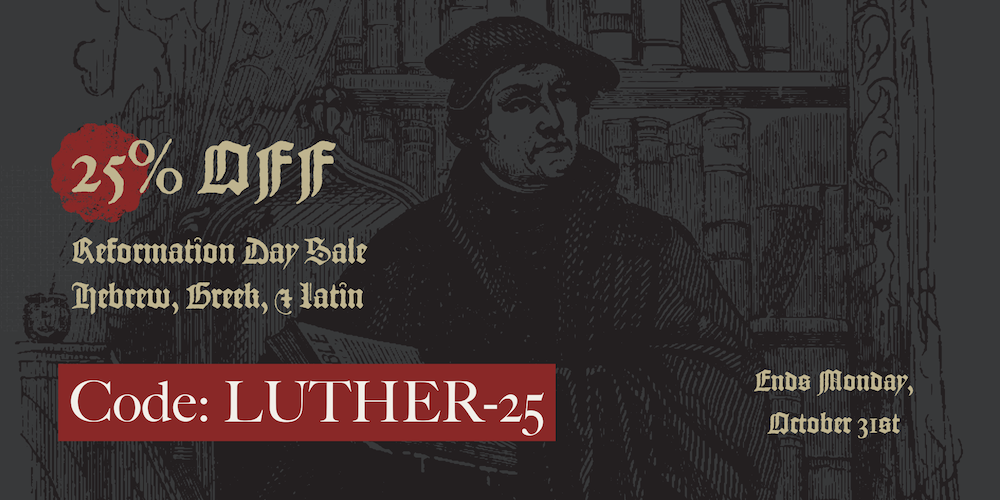The most important reason to celebrate the Reformation’s 500th anniversary is its recovery of the doctrine that salvation comes by grace alone through faith alone in Christ alone by Scripture alone to the glory of God alone. Yet the Reformers recognized that bedrock doctrine had implications cutting across every facet of life. Their application of Scripture to life and culture continues to serve as a model for followers of Jesus. Amid your Reformation Day celebration, consider the following:

The Reformers modeled public courage. Luther famously refused to recant his writings before the Diet of Worms in 1521, stating at the risk of his life, “I am bound by the Scriptures I have quoted, and my conscience is captive to the Word of God.” Though Luther managed to avoid martyrdom, others bravely defended Protestant doctrine to their death. The martyrs included men and women, pastors and laypeople, old and young who believed standing for Christ was more important than life.
The Reformers modeled love for the local church. They weren’t standing for theology in the abstract. Luther, Zwingli, Calvin and company loved, served, and fought for people who filled the pews in specific local churches—warts and all. As such, the Reformers are a powerful example for Christians tempted to hop from one church to another in search of the perfect spiritual experience. As Calvin wrote in his commentary on 1 Corinthians 1:2, the person who seeks a church with “perfect purity” must “necessarily in the end withdraw from all others, and look upon himself as the only saint in the world, or set up a peculiar sect in company with a few hypocrites.”
The Reformers modeled love for the family. Focused on biblical teaching, they rejected the Catholic Church’s requirement of clerical celibacy and re-elevated marriage and child rearing as noble tasks of the believer. Luther’s marriage to Katharina von Bora and Calvin’s to Idelette de Bure both stand among church history’s most tender unions. That’s why Calvin wrote upon Idelette’s death, “Mine is no common source of grief. I have been bereaved of the best companion of my life.”
The Reformers engaged the culture. Their Gospel had implications for the public square, and they were not afraid to state those implications. Calvin and Martin Bucer both explicitly condemned elective abortion while Luther extolled the dignity of unborn children and childbearing. Reformers additionally wrote on the role of government, public virtue, and education among other public square topics. Calvin dedicated much of his adult life to establishing a culture in Geneva that honored God’s standards.(Admittedly he and Zwingli did not embrace contemporary understandings of religious liberty; witness the execution of the non-Trinitarian Michael Sevetus in Geneva and the Anabaptist Felix Manz in Zurich.)
The Reformers recovered expository preaching. In 1519, Zwingli broke from the standard practice of preaching according to the church calendar and launched a six-year series of expository sermons through the entire New Testament. Calvin likewise preached through books of the Bible, covering most them over the course of his ministry. So committed to sequential exposition was Calvin that following a three-year exile from Geneva, he resumed preaching in 1541 from the exact point in the Psalms at which he left off.
The list could continue of ways the Reformers applied their doctrine to everyday life. The underlying point is that Reformation doctrine cannot be partitioned off as affecting only a narrow slice of existence. Luther and company recognized biblical truth has far-reaching implications—a vision the church desperately needs to embrace five centuries later.

